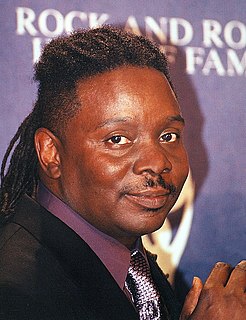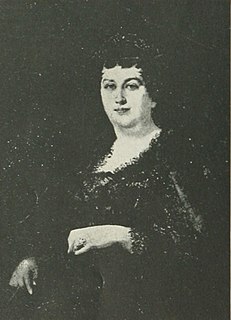A Quote by Pat Barker
The past is a palimpsest. Early memories are always obscured by accumulations of later knowledge.
Related Quotes
You have your wonderful memories," people said later, as if memories were solace. Memories are not. Memories are by definition of times past, things gone. Memories are the Westlake uniforms in the closet, the faded and cracked photographs, the invitations to the weddings of the people who are no longer married, the mass cards from the funerals of the people whose faces you no longer remember. Memories are what you no longer want to remember.
The two explorers are given fictional names. But as in real life, they travel to the Amazon roughly a generation apart, in the early-to-mid 20th century. In the film, they're both guided by Karamakate, as a young man early in the story and later as an old shaman. He and the outsiders share a desire for knowledge - self knowledge and an understanding of the world around them, says the film's co-screenwriter, Jacques Toulemonde.
We must abandon completely the notion of blaming the past for any kind of situation we're in and reverse our thinking and see that the past always flows back from the present. That now is the creative point of life. So you see it's like the idea of forgiving somebody, you change the meaning of the past by doing that...Also, watch the flow of music. The melody as its expressed is changed by notes that come later. Just as the meaning of a sentence...you wait till later to find out what the sentence means...The present is always changing the past.
Written on the body is a secret code only visible in certain lights: the accumulations of a lifetime gather there. In places the palimpsest is so heavily worked that the letters feel like Braille. I like to keep my body rolled up away from prying eyes, never unfold too much, or tell the whole story. I didn't know that Louise would have reading hands. She has translated me into her own book.
The mutability of the past is the central tenet of Ingsoc. Past events, it is argued, have no objective existance, but survive only in written records and in human memories. The past is whatever the records and the memories agree upon. And since the Party is in full control of all records, and in equally full control of the minds of its members, it follows that the past is whatever the Party chooses to make it.
The past exists only in our memories, the future only in our plans. The present is our only reality. The tree that you are aware of intellectually, because of that small time lag, is always in the past and therefore is always unreal. Any intellectually conceived object is always in the past and therefore unreal. Reality is always the moment of vision before the intellectualization takes place. There is no other reality.





































